Dragons Dogma 2 features many ways to play and create your character with vocations, their version of a traditional class system seen in nearly every RPG. Much like the original game, there are multiple options of varying levels, skill sets, and playstyles to choose from, and they all feature unique and fun gameplay for players.
To give you an idea of what kind of character you can play in this fantasy epic, we’ve put together this guide with all the details on the vocations in Dragons Dogma 2.
Related: Dragon’s Dogma 2 – Release Date, Preorders, and Trailers
What Are Vocations in Dragons Dogma 2?
Vocations are the classes of Dragons Dogma 2 and affect how your character plays. This includes the kinds of equipment they can use, their abilities, stats, and their playstyle, each with different pros and cons.
Like the original game, there will be multiple options, and players can change their Vocation and try different playstyles and abilities during their playthrough.
All Vocations in Dragons Dogma 2

Below, we have listed all the Vocations that players can choose and unlock in Dragons Dogma 2, as well as some details on what players can expect when choosing each option. There are two types of Vocation, basic and advanced, and both will offer different options for your player character in terms of what they can do and the role they can fill in a party.
Basic Vocations
These options are your basic vocation players pick at the beginning of the game and can also be used by Pawns, the AI companions you have to accompany you on your journey. There are four in total, which are listed below.
Fighter
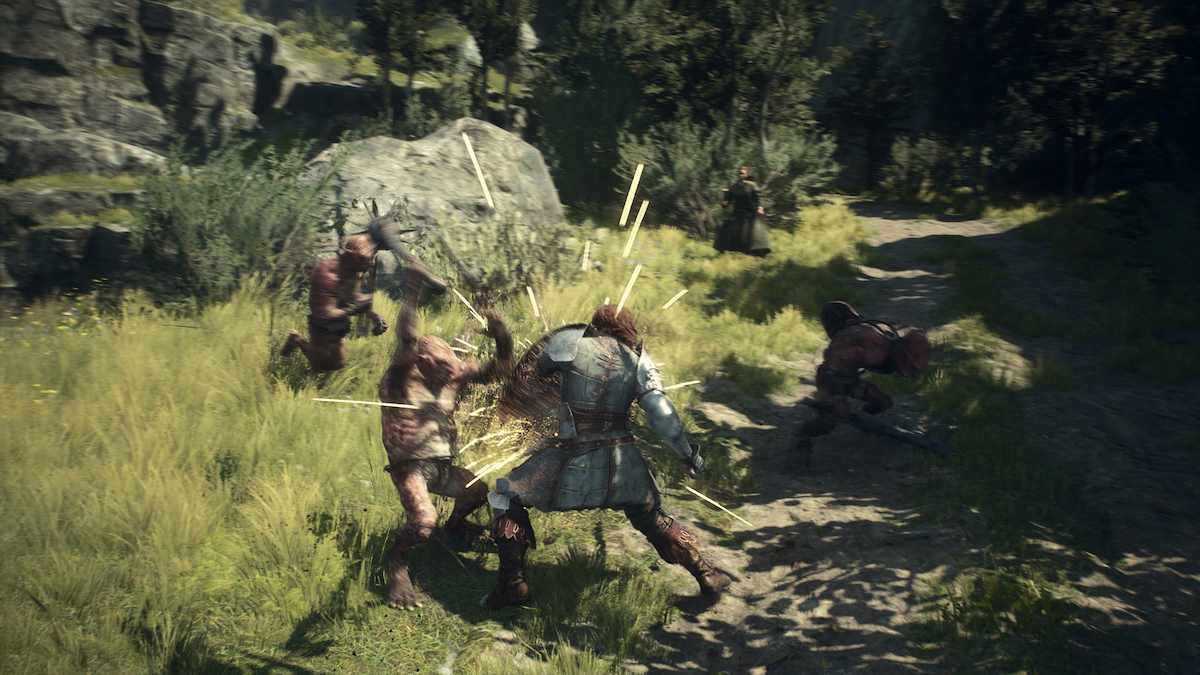
Fighters are your typical board and sword melee class, able to dish out damage while providing support and protection for allies. This Vocation can draw attention and keep enemies busy while your party takes them down, and it is a good option for players who want a tanky-style character.
Mage
Mages are your spellcasters, with the ability to use various forms of spells to do a variety of jobs in your party, including dealing massive damage, buffing your party, and providing support and healing to keep you in the fight.
Naturally, they are more fragile and tactical than some other classes, as you’ll need to charge more powerful spells, be mindful of enemies, and keep out of danger. Still, if you want the feeling of being a powerful spell-slinging hero, this is your starting option.
Archer
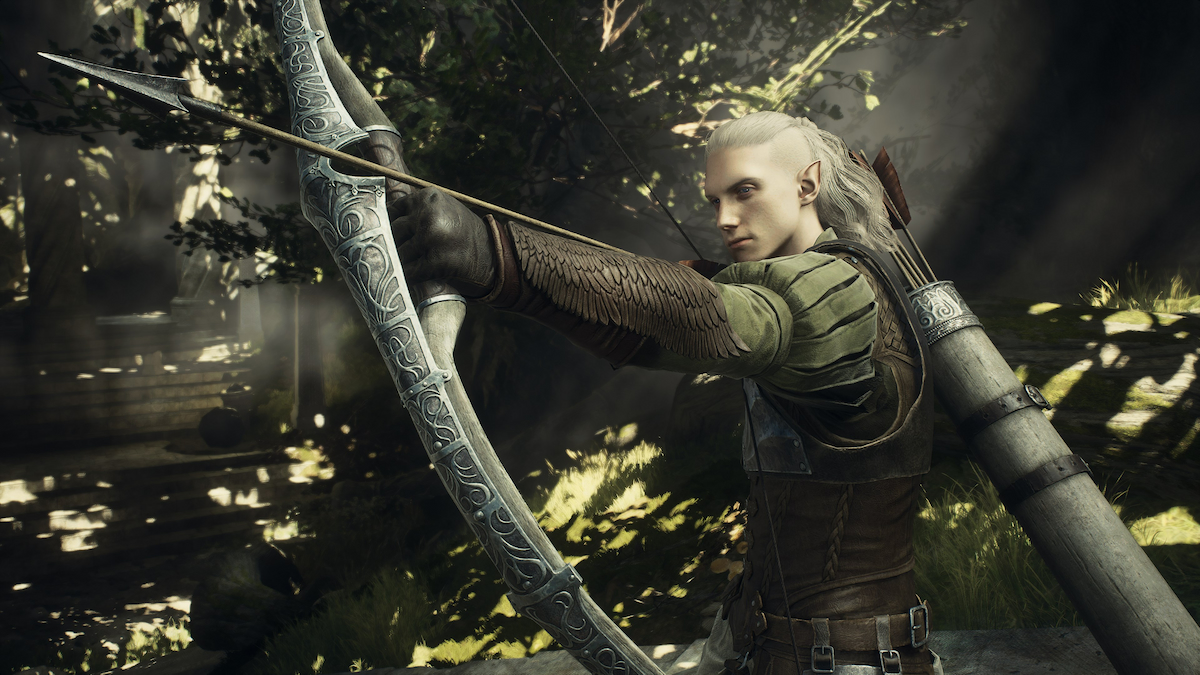
Archers are your ranged option for basic vocations, and they allow you to take out enemies from afar with a flurry of arrows, finding weak spots and helping to support the party while avoiding conflict.
These can be great for crowd control, as they can handle certain enemies others might struggle with, such as harpies, and have skills and ways to use coatings and other quick movements and attacks to deal damage and open up enemies to attacks, making them valuable party members.
Thief
The Thief is a quick and nimble melee vocation focused on moving in and out of combat to dodge enemy attacks and deal damage quickly with many hits. With the game’s dynamic combat and ability to cling and climb monsters, the Thief can easily find a weakness and take down bosses and stronger enemies by exploiting their weakness and dashing out of harm’s way. They don’t hit as hard and are squishy, but if you hit and move fast enough, that doesn’t matter.
Advanced Vocations
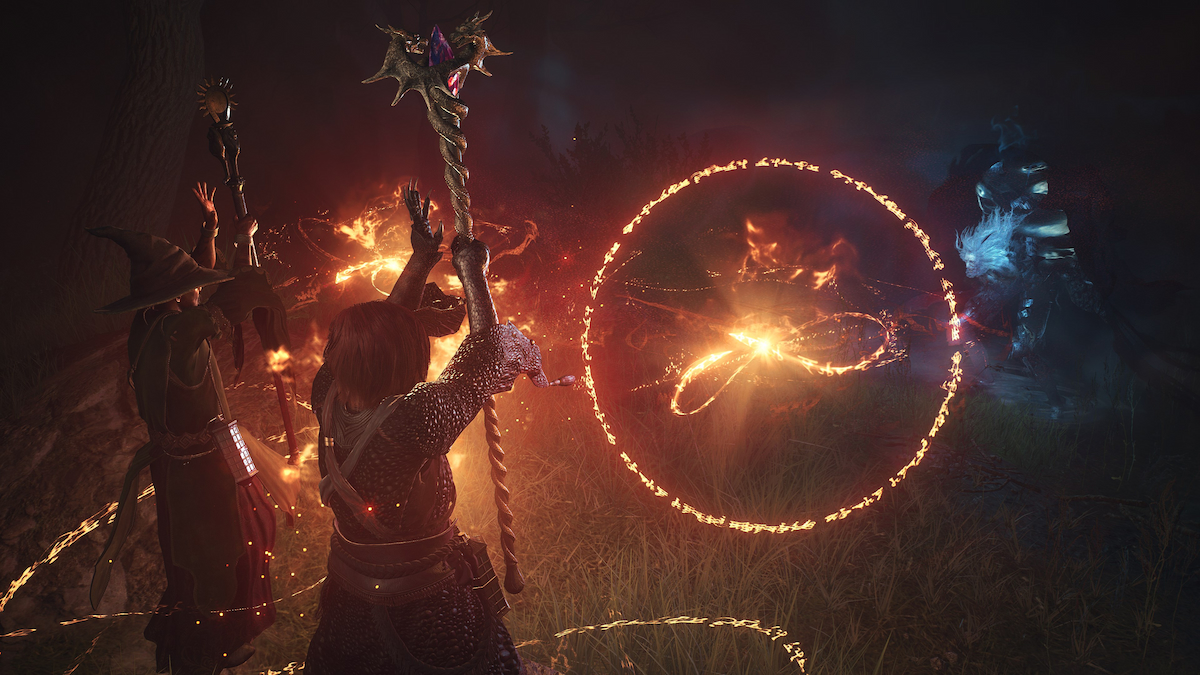
These options are the advanced vocations, which offer more complex playstyles and abilities and are a little more specialized and unique than the basic options. Several of these vocations are only available to the player character, which will be highlighted below.
Warrior
Warriors are the bigger brothers of the Fighter and have upgraded to wield massive two-handed weapons that they use to dish out massive damage while having the strength to endure hits and counterattack.
They are slower, more heavy-hitting melee fighters who can hit multiple enemies at a time with their massive swings and are all about charging up to deal as much damage as possible. If you want to be the brick wall of your party, this is the Vocation for you.
Sorcerer
Much like the Warrior is to the Fighter, the Sorcerer is the upgraded version of the Mage vocation, with bigger, harder-hitting spells at their disposal that require more time to cast and prepare but pay off with massive damage and benefits.
Wield all the elements, hover, and rain down destruction en masse; that’s the Sorcercer’s way.
Mystic Spearhead (Arisen Only)
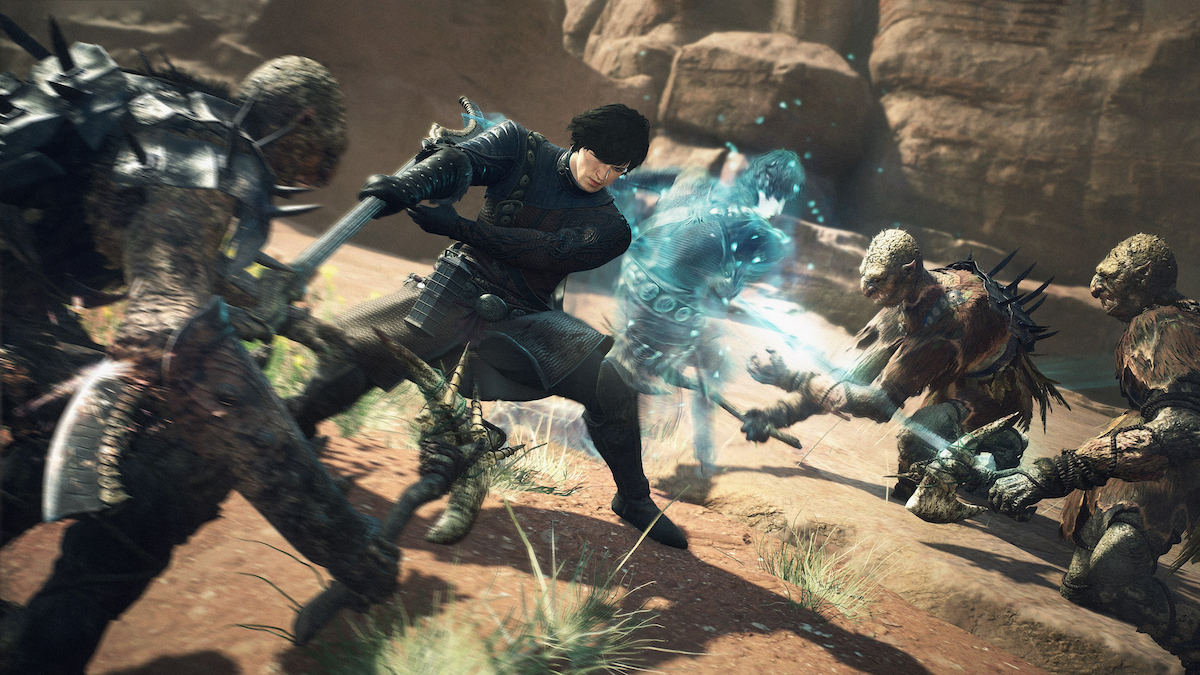
The first of the hybrid vocations on this list, the Mystic Spearhead is able to use their Duospear and magick abilities to become an all-rounder style vocation. They can attack at any range, have the ability to hinder enemy movements, launch objects at enemies, and combine them for maximum damage.
Magick Archer (Arisen Only)
Like the Mystic Spearhead, the Magick Archer combines the nimble, quick attacks of the bow with magick abilities that allow them to deal damage, strike multiple enemies or weak points at once, and support allies with healing and buffs. They also have the ability to deal loads of damage in a wide area at the cost of their HP.
Trickster (Arisen Only)
The Trickster is a unique class that uses a special weapon called the Censer. This Vocation is all about using illusion and magick to deceive and hinder your enemies. They quite literally use smoke and mirrors to kite, outwit, and trick enemies into positions that the party can exploit, such as making enemies fall off cliffs. They can also support the team with buff and powerful distractions and decoys to help control the battlefield.
They look to be a very tricky but genuinely unique gameplay style in an RPG, and one we can see being a good choice for players who want something different than the usual affair.
Warfarer (Arisen Only)
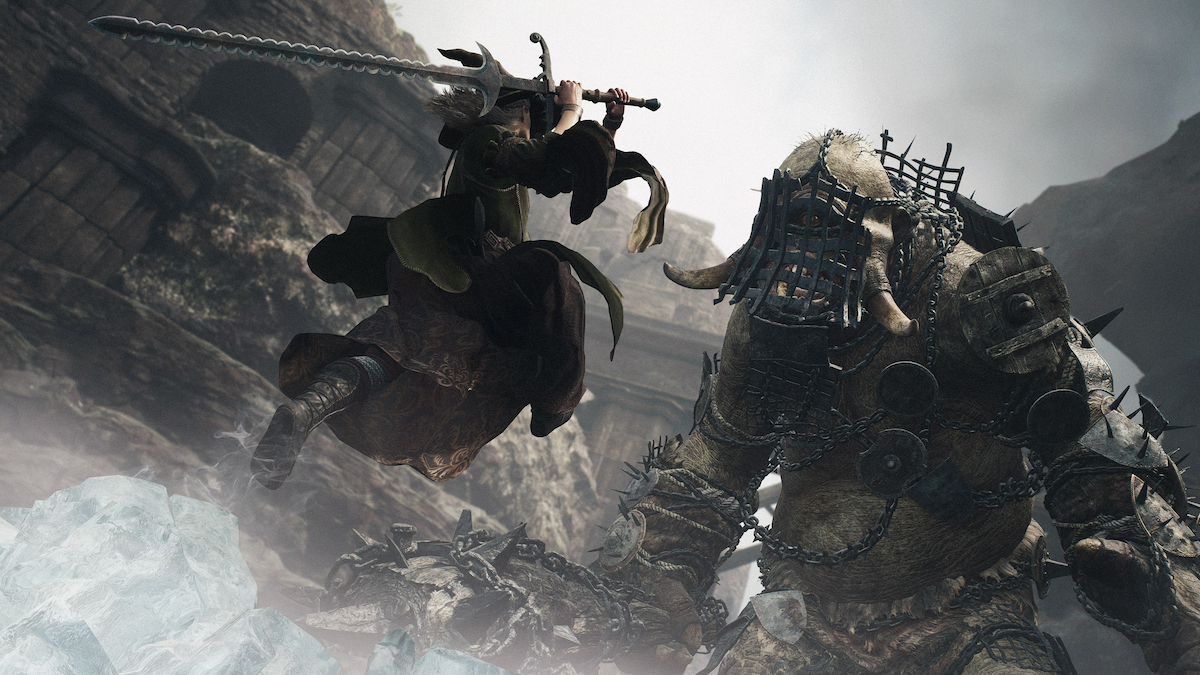
The Warfarer is a unique class with no set playstyle or restrictions. This Vocation can use any weapon, spell, and skill however they see fit. They are, in essence, a blank jack-of-all-trades style of gameplay that lets you create a distinct playstyle of your own.
As a result, they have lower base stats and require more planning and players to utilize their arsenal with more consideration than the more specialized options. They are a canvas, and you paint them how you choose.
How to Unlock and Learn New Vocations

At the time of writing, we don’t know the full details of how you learn and unlock all the vocations, but we do have some details thanks to the Dragons Dogma 2 website.
During your time in the game, you’ll meet vocation maisters, who are able to teach you the ways of their Vocation as you gain their approval and deepen your relationship with them. As you do, you’ll gain new abilities and teachings that will expand your arsenal of attacks and skills.
Whether or not they require certain levels to unlock and learn, or if you need to do certain quests or tasks, remains to be seen, but we will update this guide as we learn more leading up to and after the game’s release on March 22, 2024.